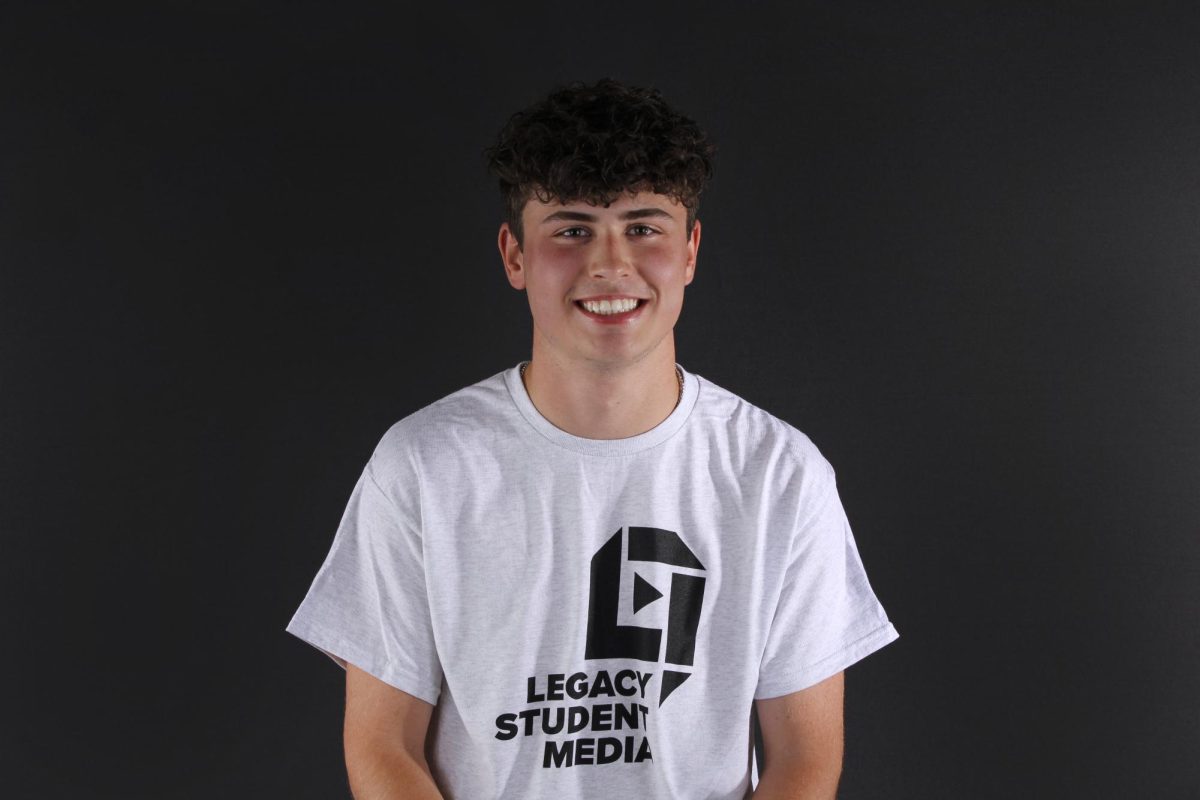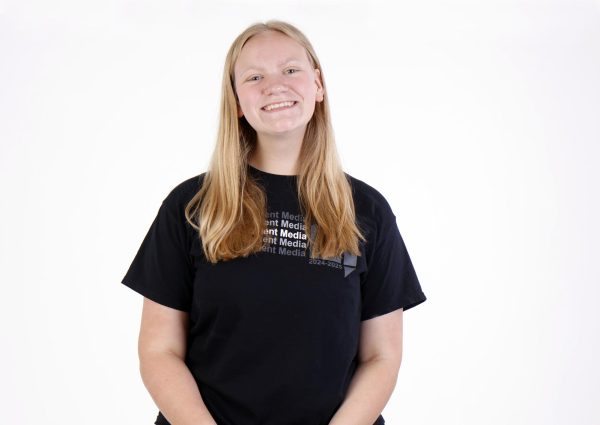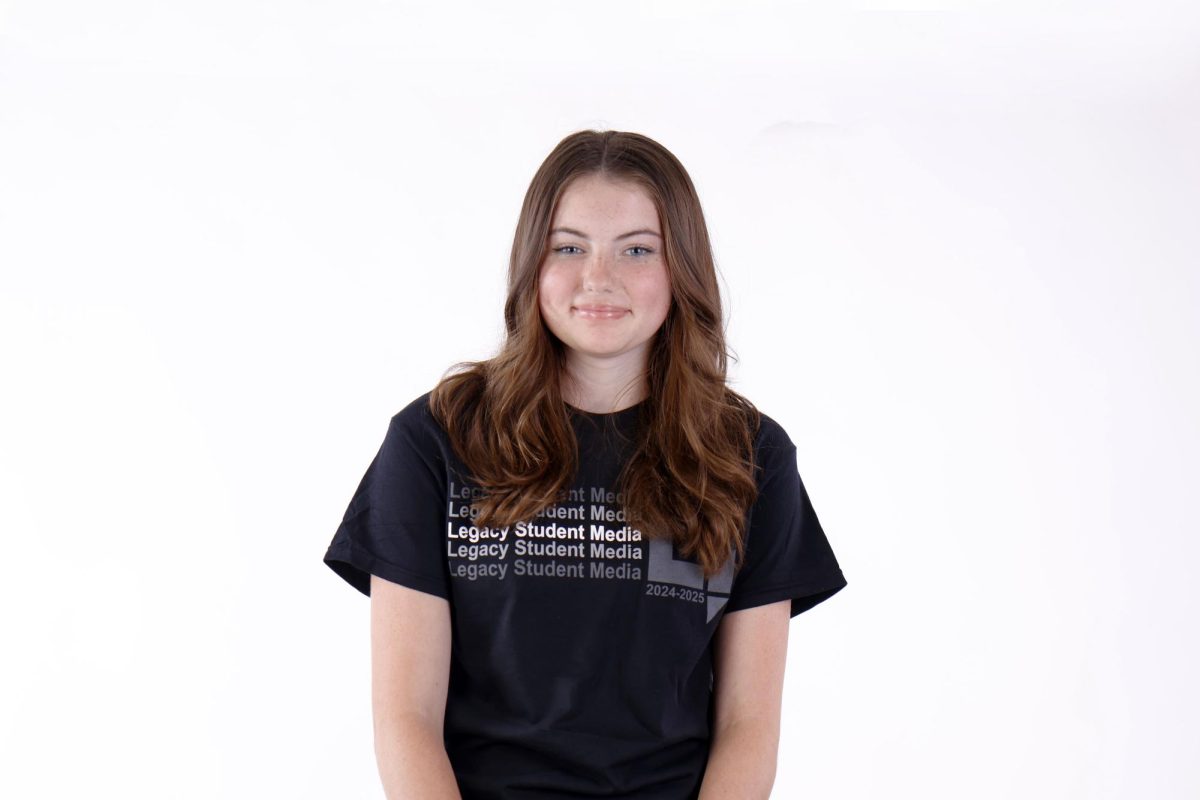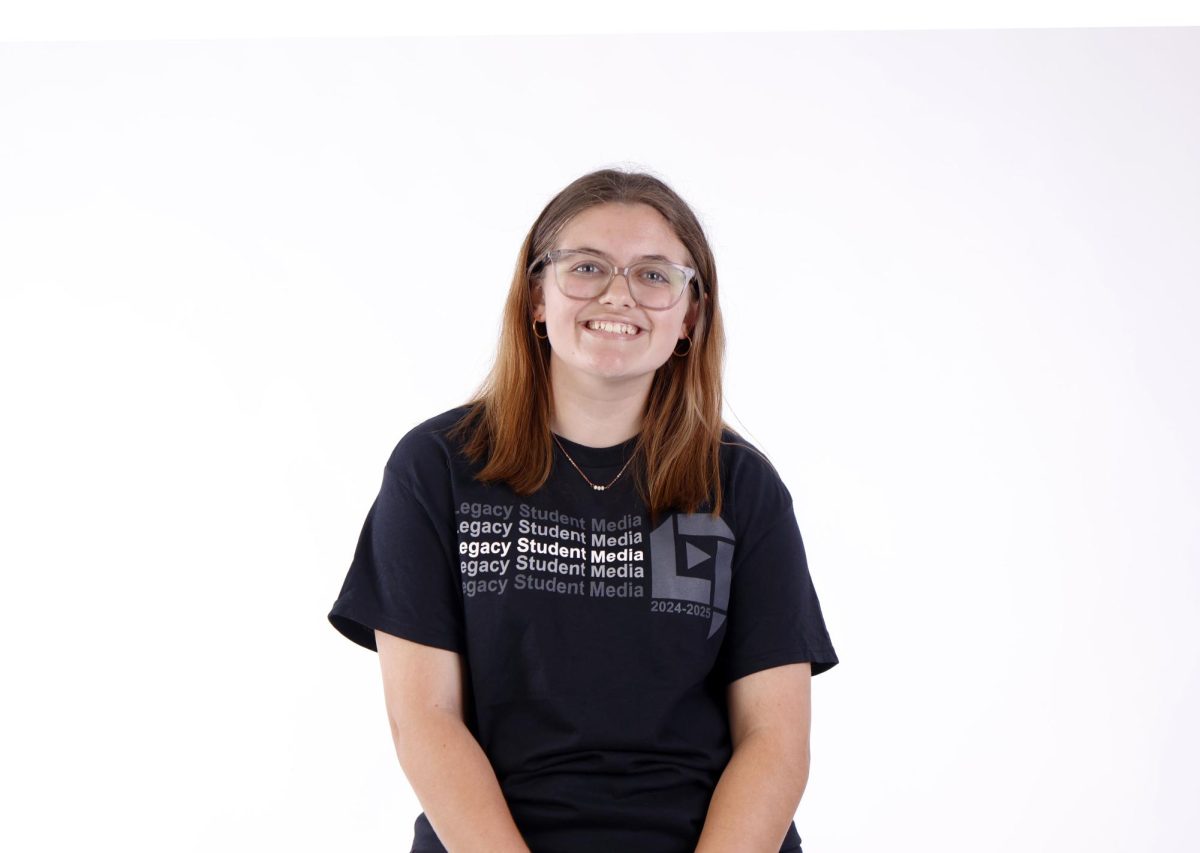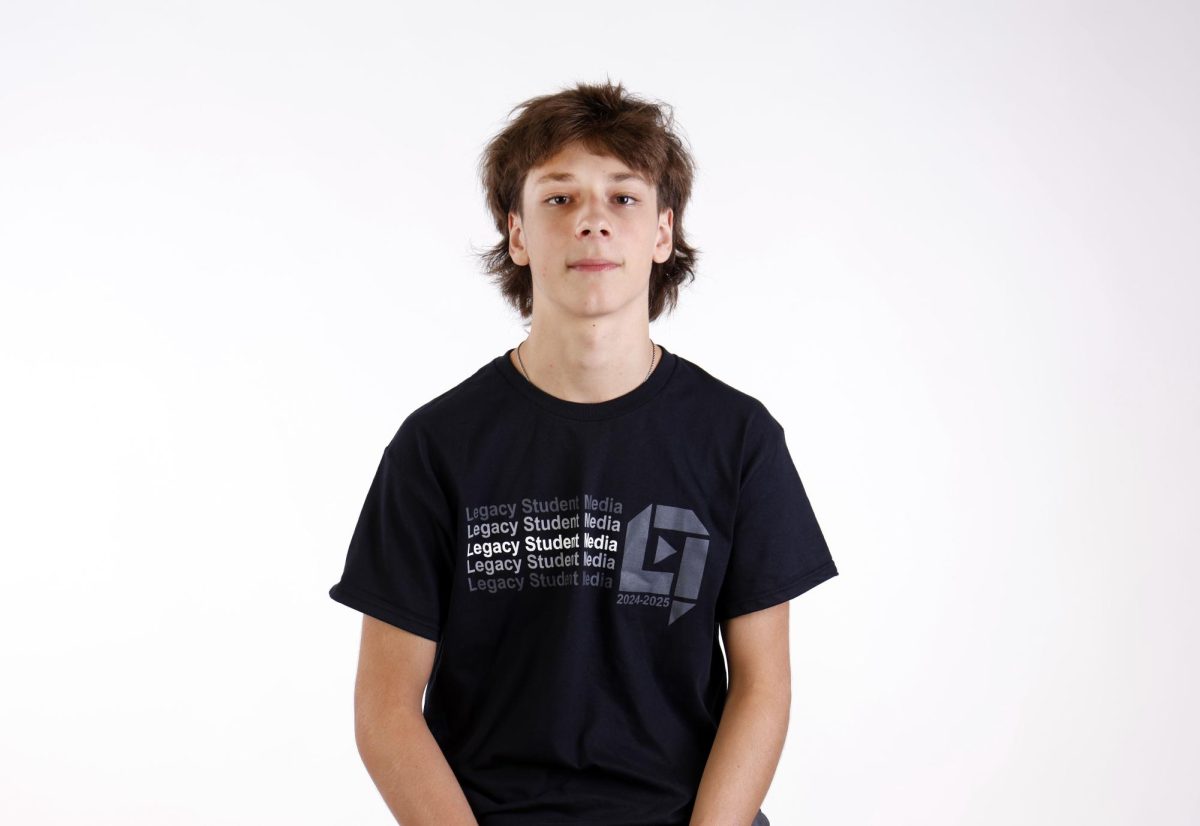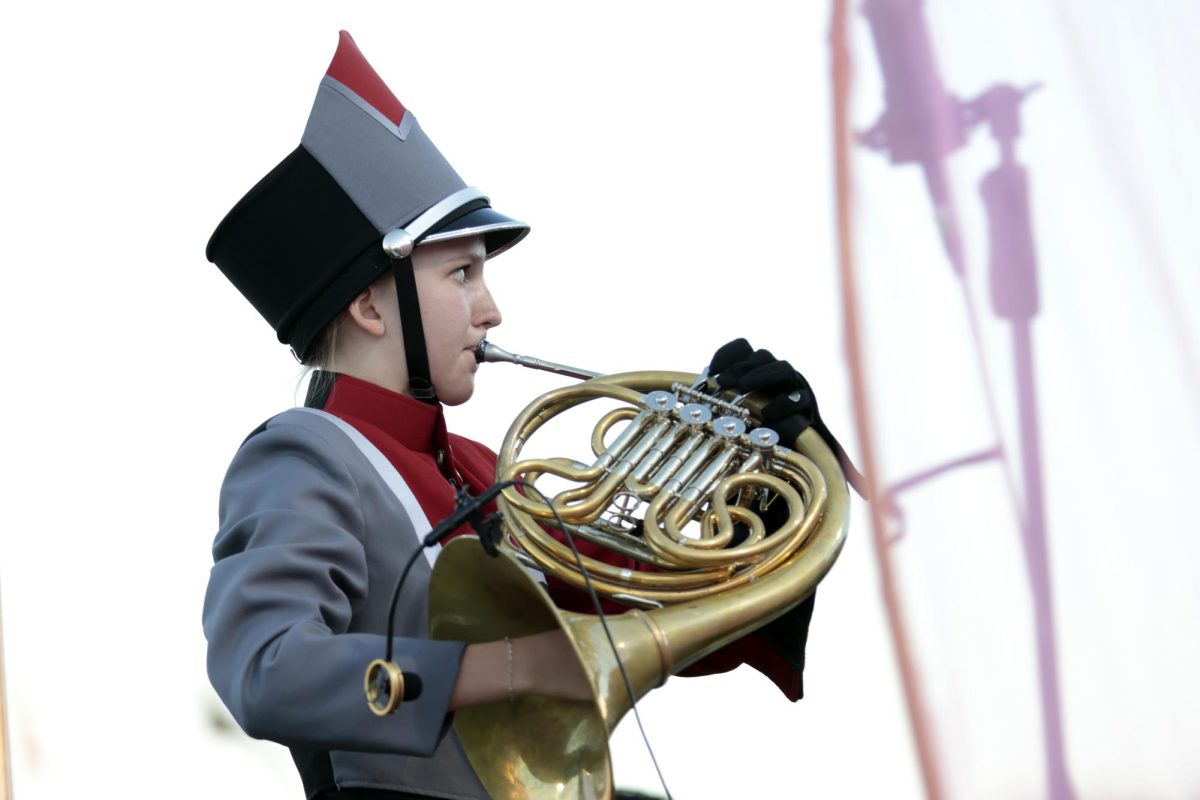In the fifth grade, I stepped into a large rectangular room filled to the brim with various instruments ranging in size from a small notebook to over 6 feet tall. I had been insanely fascinated by the idea of a musical instrument until this point. It almost felt like walking into a Toys R Us. How they worked, why they all made different, strange, and unique noises, and how some people were amazing at playing them, and some couldn’t even get it to pick up a sound. There are generally about 30 different instruments in a traditional symphony, and I struggled for so long to figure out which one fit me best.
In 2016, Mansfield ISD implemented an orchestra program that would develop each year into the next grade as those starting fifth-grade students progressed into middle and high school. I don’t know why, but I randomly wanted to play a string instrument and be part of the new orchestra program. There was a day when we could try out each of the orchestral instruments starting with the violin and going to the double bass. I tried each instrument ending with a sort of “meh” until I got to the cello. It was a medium-sized instrument, not too small, but also not so big that it would knock me over. It had the most melodic beautiful sound and had a range almost identical to the human voice. It rested perfectly on my chest and just felt right. I instantly fell in love with it.
I began sixth grade by starting something completely new, playing an instrument from scratch. Orchestra became my favorite class, and I loved going to learn something I had never known about. I had private lessons, orchestra concerts, and solo recitals; it felt amazing getting in front of people and showcasing what I had learned.
During middle school, I hit a sort of plateau where I improved, but it felt less exciting. The difficulty of music skyrocketed exponentially, and my lesson teacher specialized in violin, something that became tricky as I improved. In each lesson, we would struggle to communicate as she didn’t understand how to help me learn the cello. She ultimately told me I needed to look for a teacher who could genuinely help me, and so I did. When I found a teacher who could teach me, it opened up a new opportunity for me. I refound my love for the instrument and began to find a way to play at any chance I had. I joined a new orchestra in Fort Worth, performed even more solo recitals, and dedicated the majority of my time to improving my skill.
The COVID-19 pandemic, like everyone else, challenged me. I stayed inside, all orchestra rehearsals were canceled. I couldn’t perform, and I had no option but to do online video chat lessons which were nearly impossible with an instrument that doesn’t even fit in a video frame. I began playing my instrument less and less and I wanted to quit just as I had in middle school. I had nothing to look forward to, nothing to work toward, it just felt like all of my hard work was put in for nothing.
Just as the pandemic recovered (somewhat), I did too, and just like in middle school, I found my love for the cello again (maybe I need to look for the light at the end of the tunnel?). Anyway, forward to high school and I auditioned for an orchestra I had wanted to play in since I was 14. When I got an email saying I had been accepted it truly felt like everything was coming together that I had worked so hard for since the beginning. That was almost a year ago and now I dedicate up to 15 hours a week to rehearsals and practice.
This probably all sounds like a timeline, but it is. A timeline of how I overcame the mental fatigue, hardships, back and forth of “do I really want to do this?” and hitting plateaus. A timeline of how sticking to something through every hard and easy part pays off in the end. Even though I might not want to major in music in college or play the cello for the rest of my life, playing this instrument and experiencing everything I have has taught me more life skills and lessons than I would have ever thought walking into that large, rectangular room.



